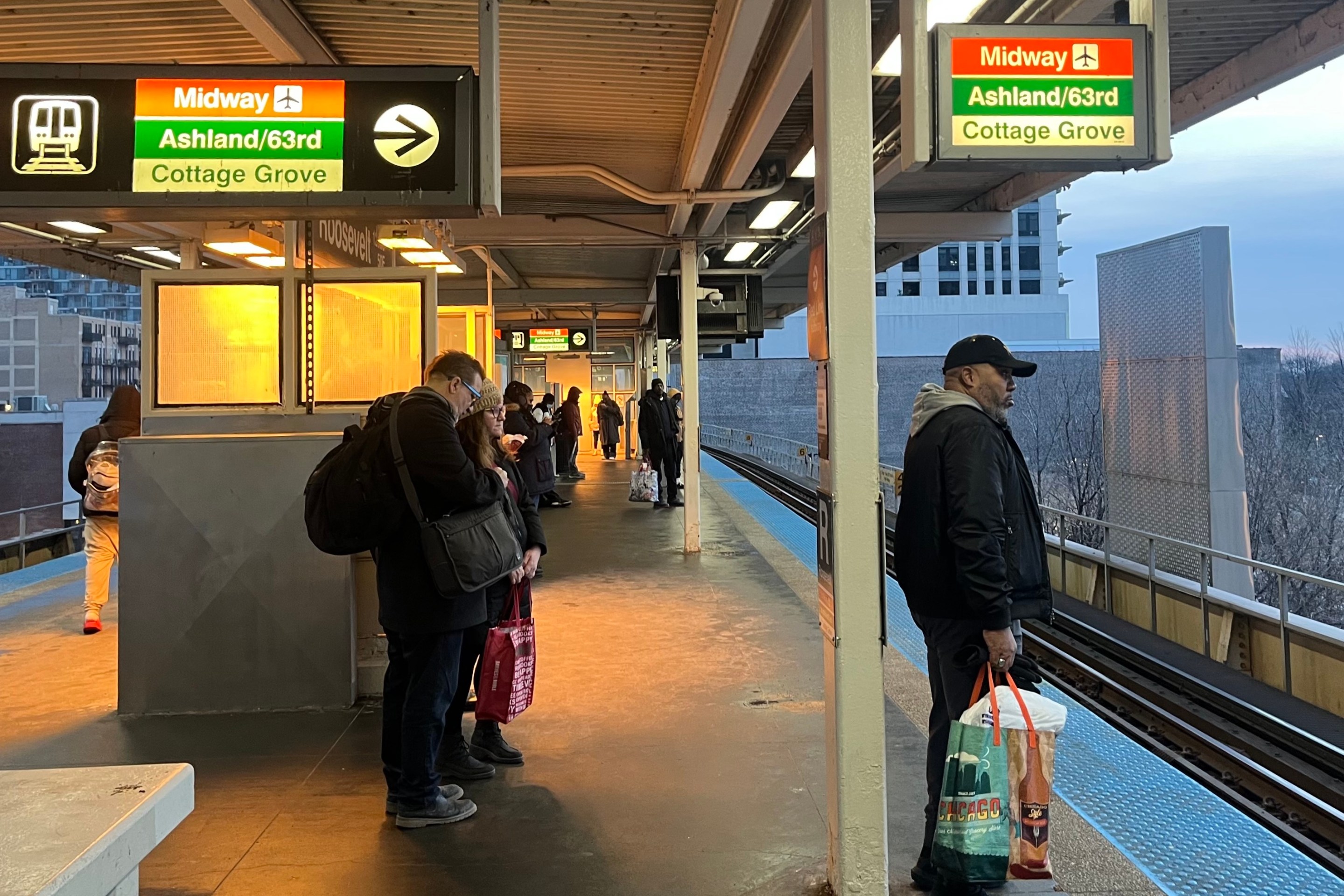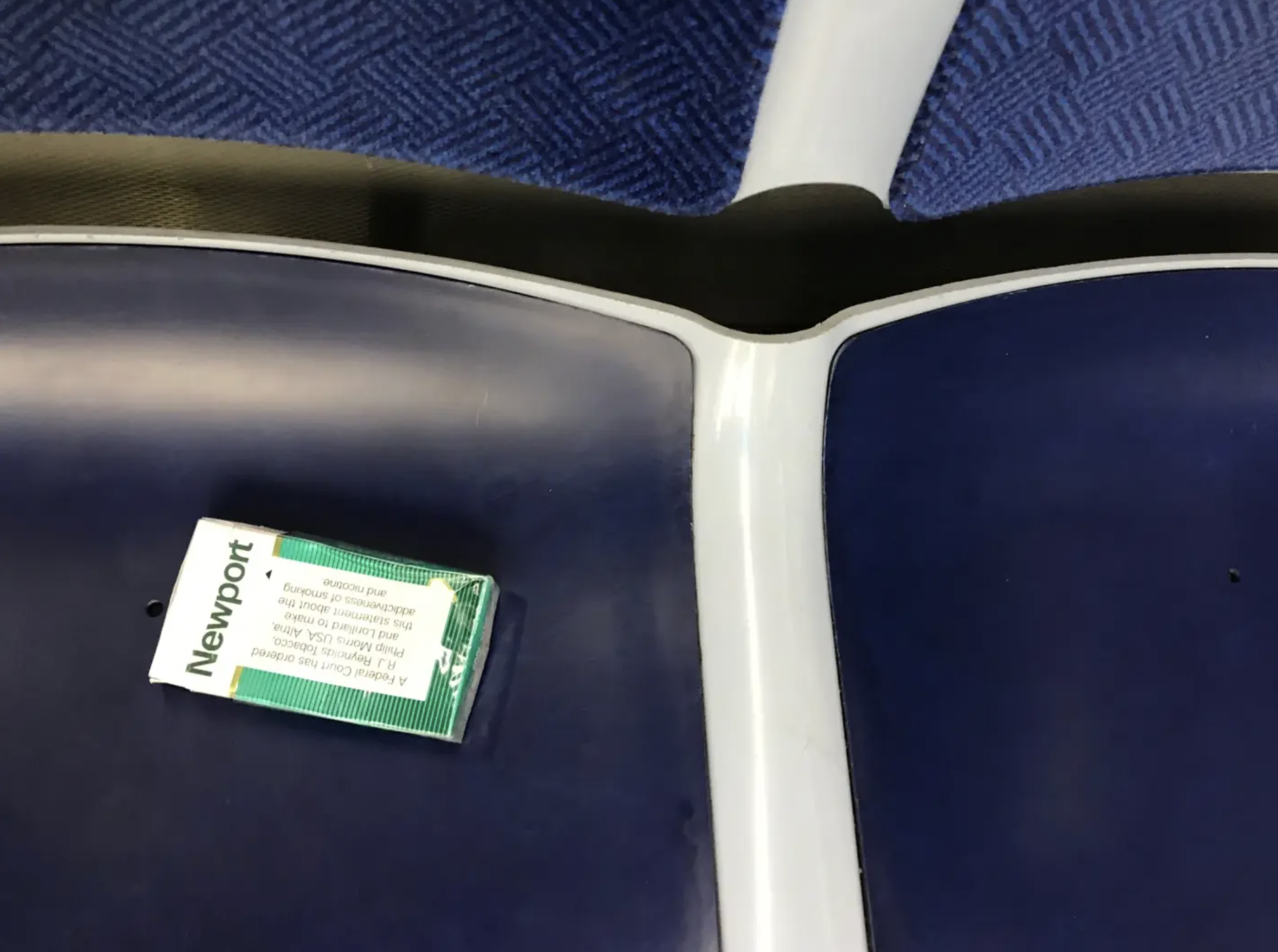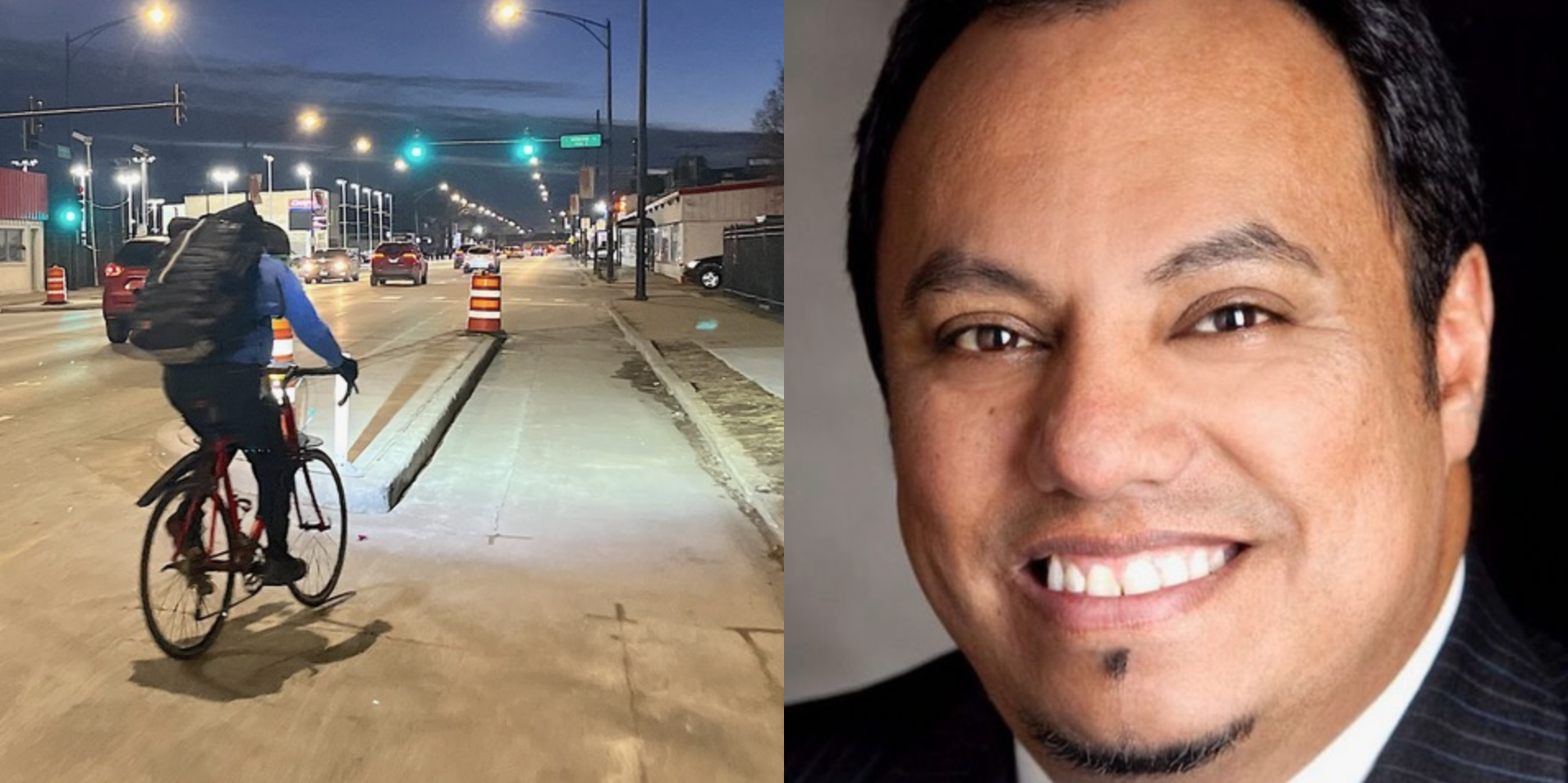It's hard to overstate the influence of Houston's bus network redesign -- an overhaul of the city's bus routes that aimed to expand access to frequent service. Cities all over the country have taken note and many are reimagining their own bus networks.
The transit agency in Austin, Capital Metro, is working on a similar project, and yesterday it outlined the concept on its MetroBlog. If approved, "Connections 2025," as the initiative is known, will put frequent transit within reach of thousands more people:
The proposed Connections 2025 network would put a whole lot more people within a 10-minute walk of bus or train service running every 15-minutes or better.
How much frequency are we talkin?
- Proposed increase from 6 to 17 frequent routes.
- 82% of Capital Metro’s existing customers would have access to frequent service compared to 50% today.
- Over a half-million people would be within a short walk to frequent service (a quarter of the region’s population).
To help achieve more reliable service, Capital Metro would also use “transit priority treatments” to speed up the buses. This means, relocated/redesigned bus stops, transit signals where buses receive a green light before cars, or more transit priority lanes (such as the ones along Guadalupe and Lavaca in downtown Austin).
What about east/west?
Not only is the new network designed to be more frequent, it is more connected. We also heard during public outreach in early & mid 2016 a desire for more east-west routes. We’re proposing new east-west service along Slaughter, Cesar Chavez, 35th/38th Street, 45th5, Loyola, Koenig and Anderson Lane, to name a few. This will allow people easier access to their destinations without having to travel downtown to transfer routes
Elsewhere on the Network today: The Urban Edge looks at the remarkable rebirth of downtown Plano, Texas. The Virginia Bicycling Federation shares a graphic comparing how much land is consumed by car infrastructure as opposed to biking infrastructure and rail infrastructure. And The Urbanist explains Seattle's $7 million bike parking plan.




